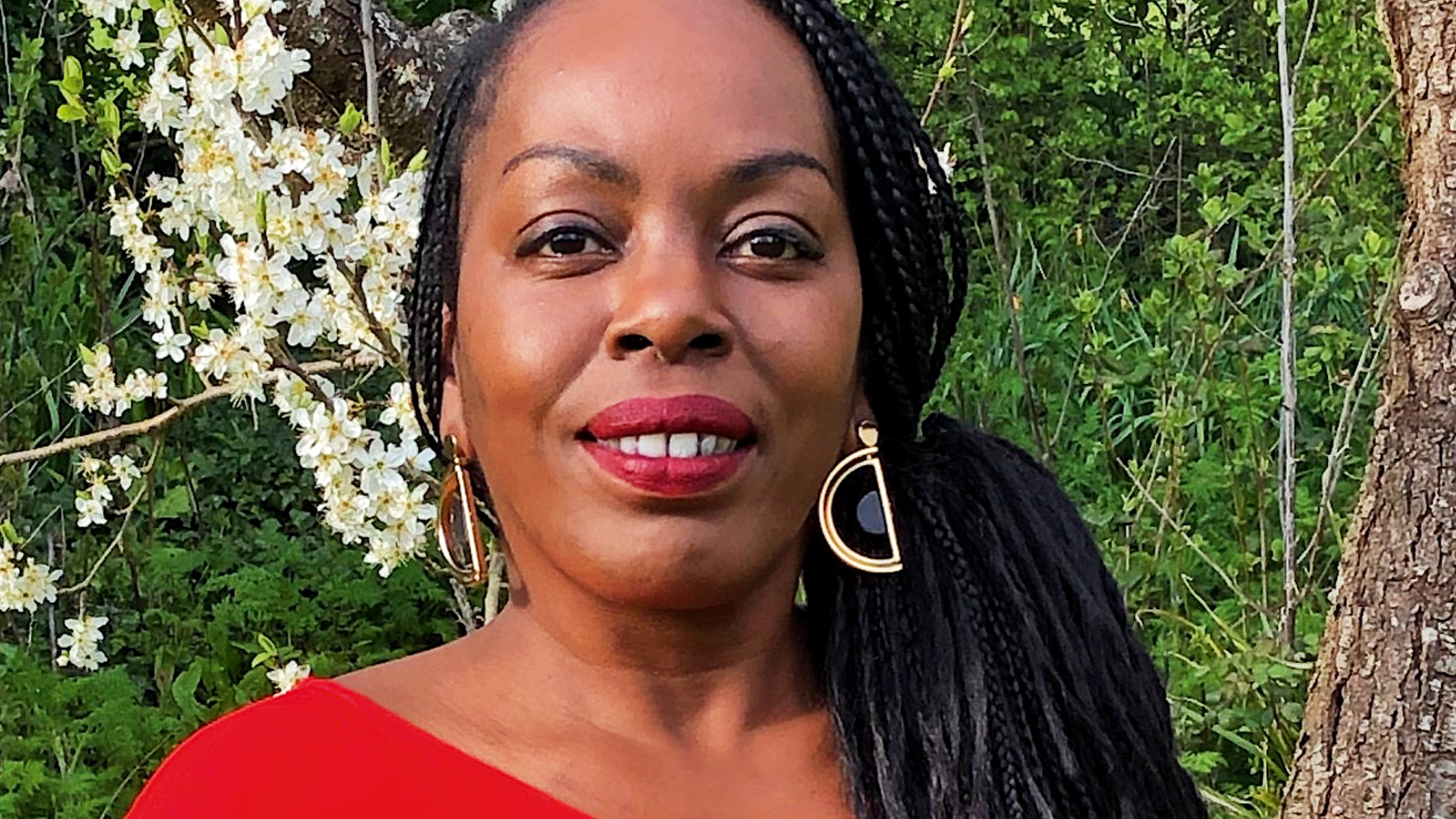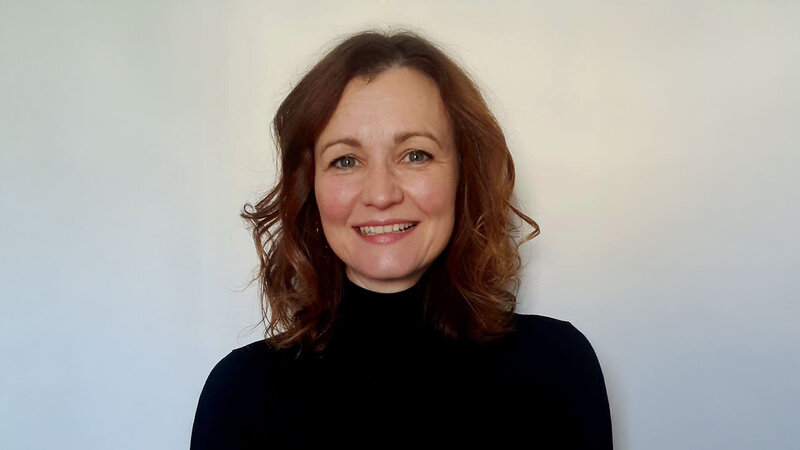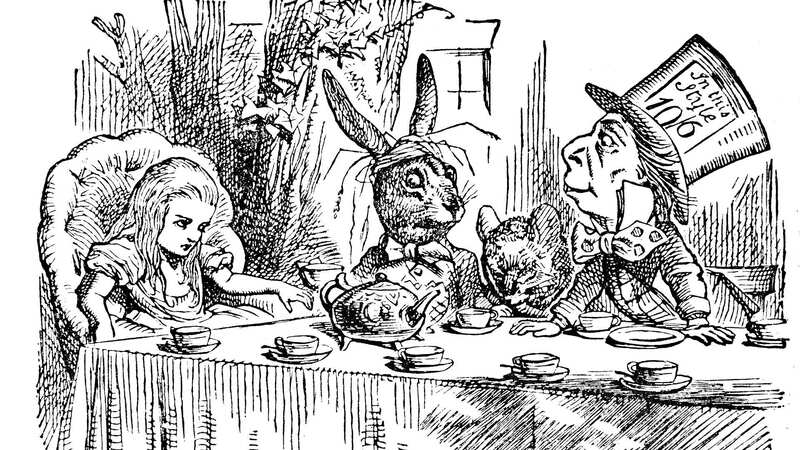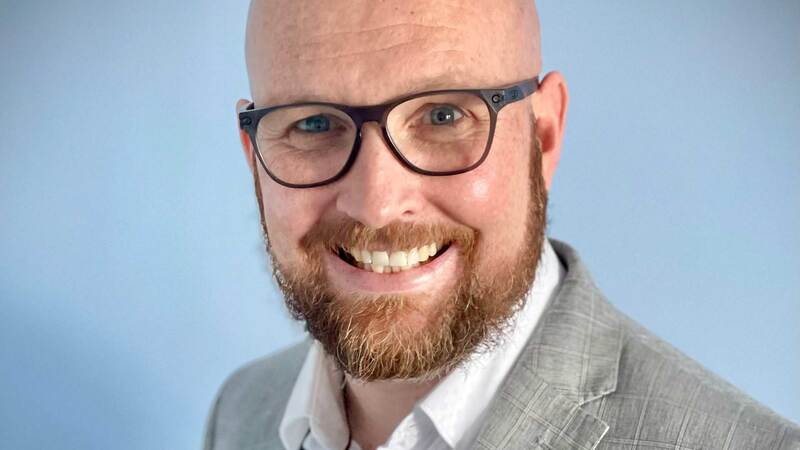You are viewing your 1 free article this month. Login to read more articles.
Black writers’ retreats provide attendees with the space to prioritise their writing
For many aspiring writers of colour, finding the time and space to complete an entire body of work can seem like such a far-off process. Many deal with the expectations of parents and their wider communities when it comes to making a choice to pursue the arts as a career and, for most authors, writing is destined to be a second job or side-hustle that is undertaken on weekends or after completing a nine-to-five.
In a report commissioned in 2022 by the UK Authors’ Licensing & Collecting Society (ALCS), professional authors earned a median of only £7,000 a year. The report focused on writers from all industries (scriptwriters, journalists etc) who dedicate at least 50% of their working day to writing. It went on to further report that the median earnings of authors was down 33% since the report was last commissioned in 2018.
With the decline of professional authors profiting from their work full-time and a further estimated 19% of authors having a second job aside from writing, it begs the question of how authors—and particularly authors of colour—can make space to hone their craft.
Writers’ retreats have always been popular, but they are often inaccessible due to high price points and obscure locations. A well-known example of the power of writing retreats for women of colour is Candice Carty-Williams, who—after winning the opportunity to undertake a retreat sponsored by Jojo Moyes—wrote the majority of her first novel Queenie (Orion), which went on to win Book of the Year at the 2020 British Book Awards, making Carty-Williams the first Black woman to do so.
I spoke to Black authors who are finding ways to pour back into their communities through hosting their own writers’ retreats. Rachel Edwards is a Jamaican-Nigerian author who has written two novels and is working on her third when I reach out for a chat. Having published her first novel Darling in 2018, and her second, Lucky, in 2021 (both with HarperCollins), Edwards had previous experience attending retreats herself. “I had been on one or two retreats before, and at the time I was writing my début Darling and I found it really beneficial.” Edwards later decided to host retreats from her farmhouse home that she shares with her husband in 2020 and began hosting guests post-pandemic.
Having hosted both bestselling authors and those who are just beginning their writing journeys, Edwards offers two styles of solo retreats perfect for escaping the busyness of daily life. The first is the “Freedom Retreat”, this is where Edwards will more or less leave you to your own devices, while occasionally bringing you hot meals cooked in her own kitchen. The second, the “Masterclass Retreat”, is a one-to-one programme where Edwards will advise, read drafts and provide home-cooked meals. Both of these are designed to “take the author away from their domestic environment”.
Edwards hopes to eventually be able to host scholarship retreats for writers who are underrepresented in the industry. “A side [of the retreats] I want to focus on and build on more is [supporting] underrepresented writers who might feel that they don’t have the opportunity to really prioritise their writing in the way they want to,” she says. “Because that is something I really felt I didn’t have when I was [younger]. First I had to pay the bills, and then it was having to sort out everything else—you know life—and writing, that was maybe something to cram into the evening.”
According to ALCS’ report, Black and mixed-race authors “receive disproportionately less income than white authors”. Culturally, this can be attributed to a number of factors: Edwards explains the pressure that first-generation children often face to enter “stable” industries—which are not considered to include the arts—in order to support themselves and their families. Having space as well as support to write is crucial for all authors and Edwards believes that retreats offer creative breathing room.
Black Pens
Author Onyi Nwabineli’s journey into hosting retreats came around differently. Her own retreat, Black Pens, was the first she had attended when she launched it in 2022. It has been fortunate enough to host a scholarship place on every retreat. Nwabineli felt that there were retreats in the US that catered to Black women and femmes exclusively, but nothing similar in the UK. So, she posted a tweet that gained traction and later decided to push ahead.
While Edwards hosts solo writers, Nwabineli hosts an “all inclusive” service. Hosting both writers who wish to be alone along with the option for shared rooms has meant that operationally Black Pens needs some finessing. Sharing some logistical experiences, Nwabineli says: “I had to find a venue big enough to allow for solo and shared rooms that also had communal space, which could also hold space for speakers. I had to think about a range of dietary requirements for the catering and for those with sensory or other considerations. The inaugural retreat also ended up being on the two hottest days of 2022 with temperatures topping 40 degrees, so I hired a private lake to keep attendees cool.”
The successes that both authors’ retreats offer are numerous. Edwards has hosted several already published authors, one of whom used the space to complete their 10th novel, and Nwabineli has heard back from attendees whose work—completed on the retreat—has gone on to be shortlisted for grants and awards. Her own work from a previous retreat gained her a further two-book deal with her publisher.
Both authors stress their desire to uplift those who wish to write in an economy where the arts are the first thing to be scrapped in many instances. Giving Black women the space to pursue their passions in a community is something worthwhile investing in no matter what age they start at. Supporting those coming up after you will never be in vain, and Edwards and Nwabineli are proof of that.

















